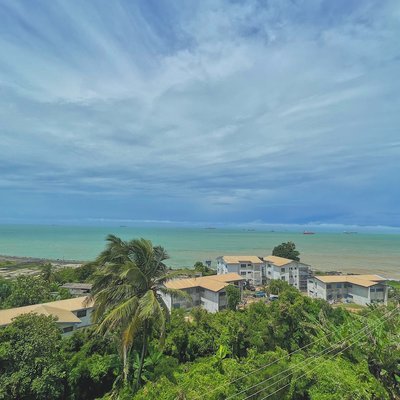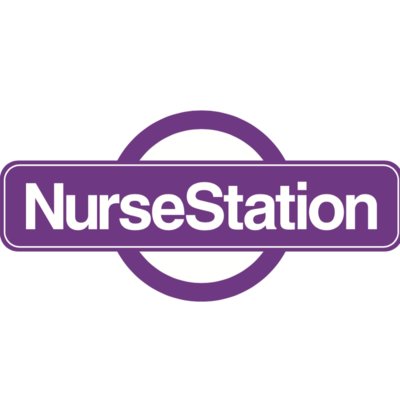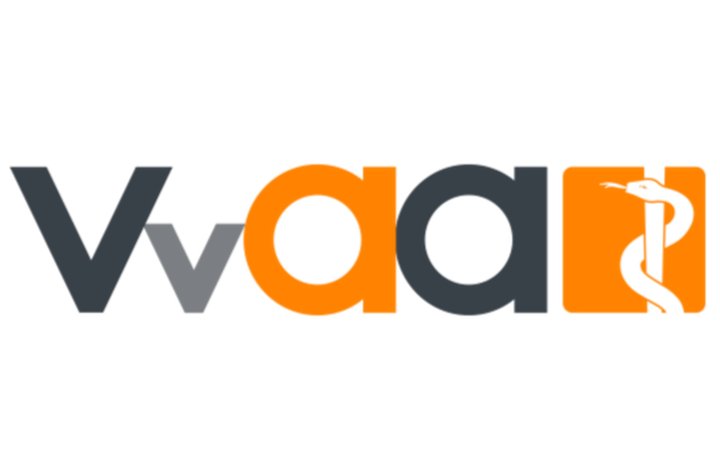Cardiff University 2019
 I travelled to Kandy because some friends originally from Sri Lanka told me amazing things about the country.
I travelled to Kandy because some friends originally from Sri Lanka told me amazing things about the country.
Primarily I wanted to experience a healthcare system in a developing country. I definitely chose the right place for that.
The general hospital in Kandy is the second largest in Sri Lanka. The city is also home to a paediatric hospital I wanted to experience.
Work the World organised a trip that meant I spent two weeks at the general teaching hospital. I spent the next two weeks at the paediatric hospital.
I spent time in the outpatient departments and on the wards in both hospitals.
My First Impressions

My first impression of Kandy was that it was a busy city — quite different to the Welsh countryside.
I quickly settled into routine, and enjoyed taking evening trips into town for the markets and festivals.
On the weekends, we gathered information about the best places to visit. We asked the other students living in the Work the World house and the house staff.
We had our own personal driver through all of the weekends (at a low cost). We visited all the beautiful landscapes, temples and beaches.

On our first weekend we went to Trincomalee.
We had a lovely day at the beach, and visited Pigeon Island where we snorkelled with turtles, small sharks, and jellyfish.
On another weekend we went to Unawatuna, close to Galle. We rented an Airbnb for the six of us — it was a gorgeous villa and wasn’t expensive at all.
 We had a gorgeous day at the beach, and visited the fort — a historical monument in Galle — where we watched the sunset. It was beautiful.
We had a gorgeous day at the beach, and visited the fort — a historical monument in Galle — where we watched the sunset. It was beautiful.
On the way back from Unawatuna, we visited a turtle sanctuary that housed young turtles. The turtles stayed there for two days after being hatched to increase their chances of survival
We also visited the tsunami museum. We saw some heartbreaking photos of what happened during the tsunami that hit the island in 2004.
We visited an elephant sanctuary too. The elephants had been rescued from the local tourist trade, and so the sanctuary let them roam freely in large paddocks.
 In my last weekend, I went to visit Negombo, close to Colombo. This was my first time experiencing travelling on one of their trains.
In my last weekend, I went to visit Negombo, close to Colombo. This was my first time experiencing travelling on one of their trains.
We had the most extraordinary experience peering through the open windows, admiring the amazing views.
We also went white water rafting one evening after placement — something I definitely can’t do after placement at home!
I travelled to Kandy alone, but quickly bonded with the other students in the Work the World house.
I keep in touch with my friends from the Work the World house to this day, and we meet up frequently.
my time In the hospital
 Traveling to placement in a tuk tuk every day was a highlight.
Traveling to placement in a tuk tuk every day was a highlight.
All the staff at both hospitals were so friendly and always ready to teach. They readily explained anything I wasn’t sure of.
They took the time to describe what treatment they were doing, and why.
A few cases will stick in my mind for the rest of my career.
One young girl attempted suicide by locking herself in a burning building. She had burns all over the front of her body and was bandaged from head to toe.
She was receiving physiotherapy treatment to maintain her joint ranges and to avoid her skin tightening.
She wasn’t taking any adequate analgesia, so she was in a lot of pain. It was hard to assist with the treatment.
 Another case that stuck in my mind was another young girl who received a skin graft underneath her heel four years prior.
Another case that stuck in my mind was another young girl who received a skin graft underneath her heel four years prior.
Her leg got caught underneath a moving vehicle and her foot dragged along the road for a good few yards.
When I saw the girl, her heel had swollen to a size of a football.
The patient received effleurage and compression bandages in an attempt to reduce the swelling before a second skin graft.
A local physiotherapist told me that the young girl and her mother must have left it at least four months before they sought medical advice regarding the swelling.
Reflecting on my experience
The experience made me realise how fortunate I am to be able to work in the NHS.
Some local interns I saw were working seven days a week, living in a small room attached to the wards.
Most physiotherapists also worked seven days a week, only having a few days off a year.

I went into this experience thinking that the system in Sri Lanka wouldn’t be very robust. But I came home realising that despite being overstretched and understaffed, their system works.
Morale, from what I witnessed, was always high.
If you’re thinking about going on an overseas placement, keep an open mind regarding local physiotherapists’ assessment and treatment practises.

These practises might not always seem appropriate, and they won’t always adhere to what we follow in the UK. But what they do works for them, and they frequently see positive results.
Local staff really appreciated when I took an interest in their culture, and (attempted) to learn the language. Even if it was as simple as reading out of my little pocket notebook.
I saw and experienced amazing things that I’d rarely (if ever) see working in the NHS.

.jpg)





